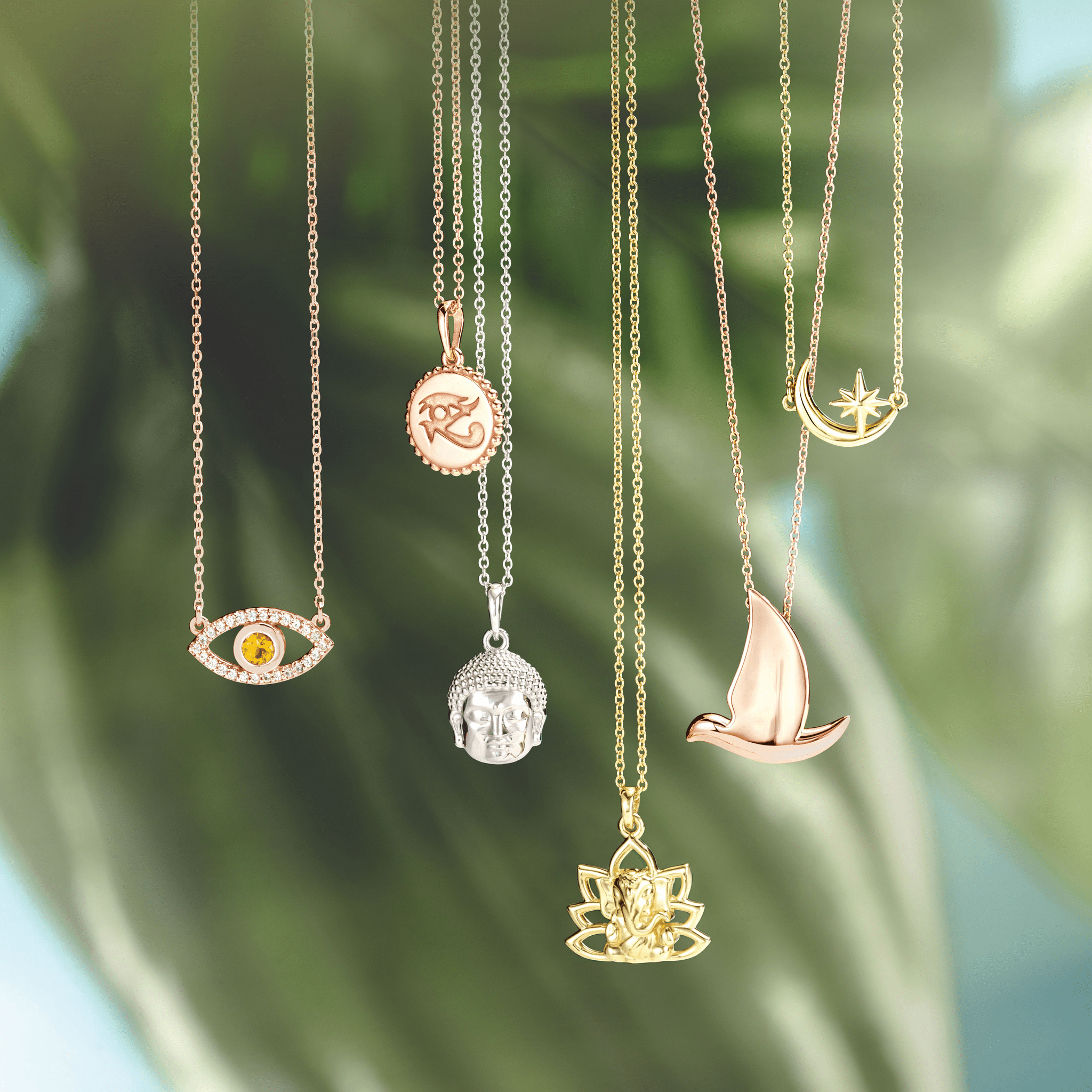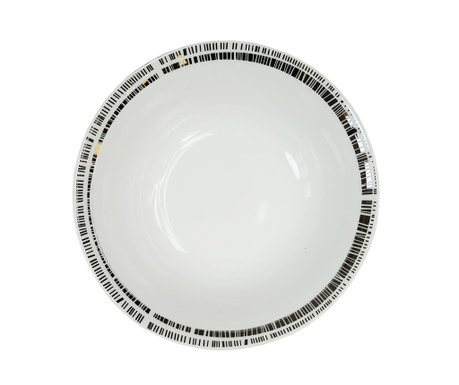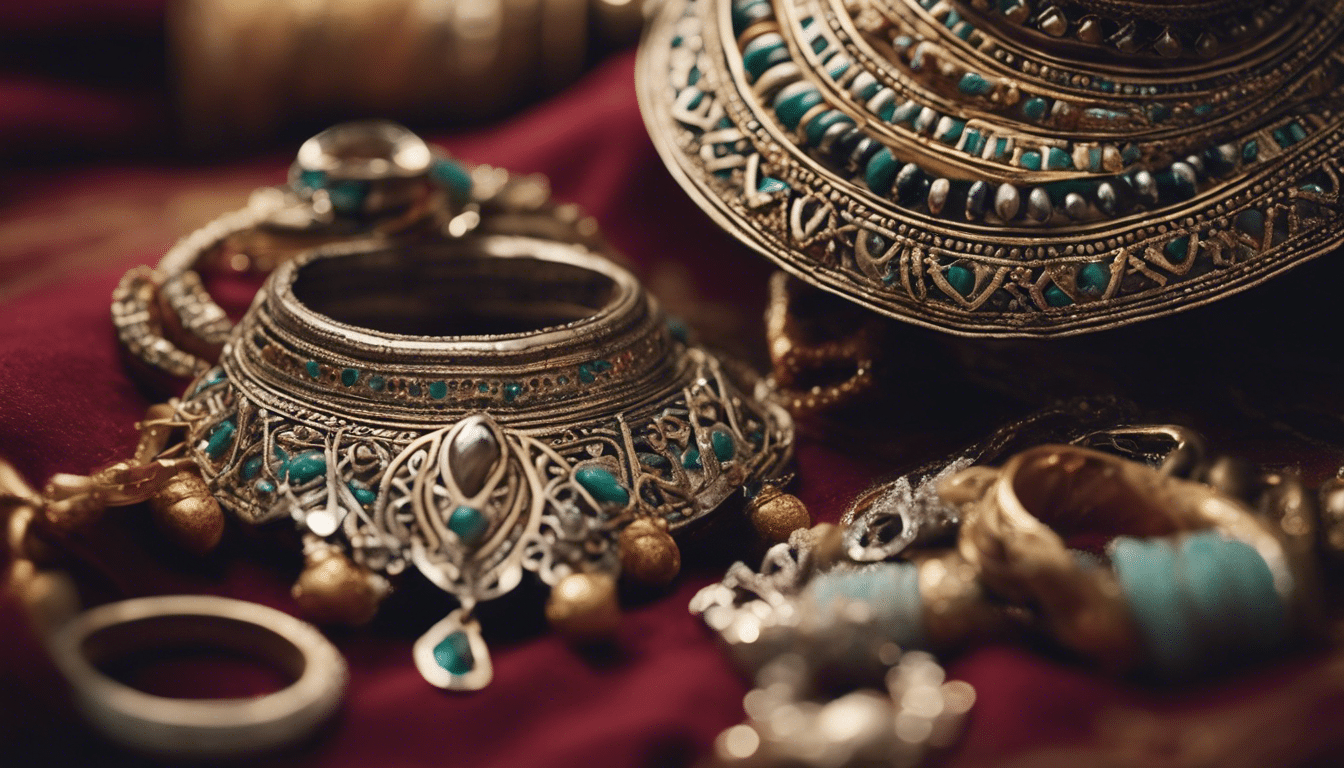The Allure Of Tal Jewelry: A Journey Through Tradition And Style
The Allure of Tal Jewelry: A Journey Through Tradition and Style
Related Articles: The Allure of Tal Jewelry: A Journey Through Tradition and Style
Introduction
In this auspicious occasion, we are delighted to delve into the intriguing topic related to The Allure of Tal Jewelry: A Journey Through Tradition and Style. Let’s weave interesting information and offer fresh perspectives to the readers.
Table of Content
The Allure of Tal Jewelry: A Journey Through Tradition and Style

The world of jewelry is vast and diverse, encompassing a myriad of materials, styles, and cultural significance. Within this spectrum, tal jewelry holds a unique position, captivating with its intricate designs, rich history, and enduring appeal. This article delves into the fascinating world of tal jewelry, exploring its origins, craftsmanship, cultural significance, and contemporary relevance.
Origins and History
The origins of tal jewelry can be traced back to ancient civilizations, where it was not merely adornment but also a symbol of status, power, and spiritual connection. Tal, also known as talc, is a soft, naturally occurring mineral found in various parts of the world. Its versatility and aesthetic qualities have made it a popular choice for jewelry crafting for centuries.
Ancient Roots
- Mesopotamia: Tal was used in ancient Mesopotamia to create seals, amulets, and decorative objects. Its ability to be easily carved made it ideal for intricate designs.
- Egypt: The Egyptians valued tal for its soothing properties and believed it possessed protective powers. Tal amulets and ornaments were often buried with the deceased.
- India: Tal has been used in India for centuries in traditional jewelry and religious practices. It is believed to promote purity and balance.
Medieval and Modern Times
During the Middle Ages, tal jewelry continued to be popular, particularly in Europe. It was often used to create delicate pendants, earrings, and brooches. With the advent of modern jewelry techniques, tal has found new applications, including the creation of elaborate carvings, intricate beadwork, and innovative designs.
Crafting Tal Jewelry
The process of crafting tal jewelry involves meticulous skill and artistry. Tal, being a soft mineral, requires careful handling and specialized techniques.
Extraction and Preparation
Tal is mined from deposits found in various regions of the world. Once extracted, it is processed and refined to remove impurities and achieve the desired texture and color.
Carving and Shaping
Tal’s malleability makes it ideal for carving intricate designs. Skilled artisans use specialized tools to create detailed patterns, sculptures, and intricate motifs.
Polishing and Finishing
After carving, tal jewelry is polished to enhance its luster and durability. This process involves using various techniques, from hand-polishing to machine-aided methods.
Setting and Assembly
Tal pieces are often set in metal frames or incorporated into larger jewelry designs. This process requires precision and expertise to ensure the integrity and beauty of the final piece.
Cultural Significance and Symbolism
Tal jewelry holds deep cultural significance in various societies, often representing traditions, beliefs, and social status.
India
In India, tal is associated with purity, serenity, and spiritual well-being. Tal jewelry is often worn during religious ceremonies and festivals, symbolizing devotion and grace.
China
Tal has been used in traditional Chinese medicine for its calming properties. It is believed to promote harmony and balance. Tal jewelry is often worn for its aesthetic appeal and symbolic meaning.
Contemporary Relevance
In the modern world, tal jewelry continues to be cherished for its unique qualities and versatility. It offers a blend of tradition and contemporary style, attracting a wide range of individuals who appreciate its elegance and cultural significance.
Trendsetting Designs
Contemporary designers are incorporating tal into innovative jewelry designs, pushing the boundaries of traditional styles. From minimalist pendants to bold statement pieces, tal jewelry is finding new expressions in modern fashion.
Sustainable and Ethical Sourcing
As awareness of sustainable practices grows, tal jewelry is gaining popularity for its environmentally friendly nature. Tal is a naturally occurring mineral, making it a responsible choice for conscious consumers.
FAQs About Tal Jewelry
1. Is tal jewelry durable?
While tal itself is a soft mineral, it is often incorporated into jewelry designs that enhance its durability. Setting it in metal frames or incorporating it into robust pieces can significantly increase its resilience.
2. How do I care for tal jewelry?
Tal jewelry requires gentle care. Avoid exposing it to harsh chemicals, extreme temperatures, and abrasive materials. Store it separately to prevent scratches.
3. Is tal jewelry hypoallergenic?
Tal is generally considered hypoallergenic, making it suitable for individuals with sensitive skin. However, it is always advisable to test a small area of skin before wearing any new jewelry.
4. Where can I find tal jewelry?
Tal jewelry can be found at various retailers, from online marketplaces to specialty jewelry stores. Look for reputable sellers who prioritize quality and craftsmanship.
5. What are the benefits of wearing tal jewelry?
Besides its aesthetic appeal, tal jewelry is believed to possess calming and soothing properties. Some individuals believe it promotes mental clarity and emotional balance.
Tips for Choosing and Wearing Tal Jewelry
1. Consider your personal style: Tal jewelry comes in a wide range of styles, from minimalist to elaborate. Choose pieces that complement your personal aesthetic and preferences.
2. Pay attention to the craftsmanship: Look for jewelry made with high-quality tal and meticulous craftsmanship. This ensures durability and aesthetic appeal.
3. Explore different designs: Tal jewelry offers a diverse range of designs, from traditional motifs to contemporary interpretations. Experiment with different styles to discover your favorites.
4. Pair tal jewelry with other accessories: Tal jewelry can be paired with other accessories, such as scarves, dresses, and handbags, to create a cohesive and stylish look.
5. Take care of your tal jewelry: Follow proper care instructions to preserve the beauty and longevity of your tal jewelry.
Conclusion
Tal jewelry, with its rich history, intricate designs, and cultural significance, continues to captivate and inspire. From ancient traditions to modern interpretations, tal jewelry offers a timeless elegance and a connection to the earth’s natural beauty. Whether you are drawn to its intricate carvings, calming properties, or symbolic meaning, tal jewelry offers a unique and enriching experience for the wearer.








Closure
Thus, we hope this article has provided valuable insights into The Allure of Tal Jewelry: A Journey Through Tradition and Style. We appreciate your attention to our article. See you in our next article!